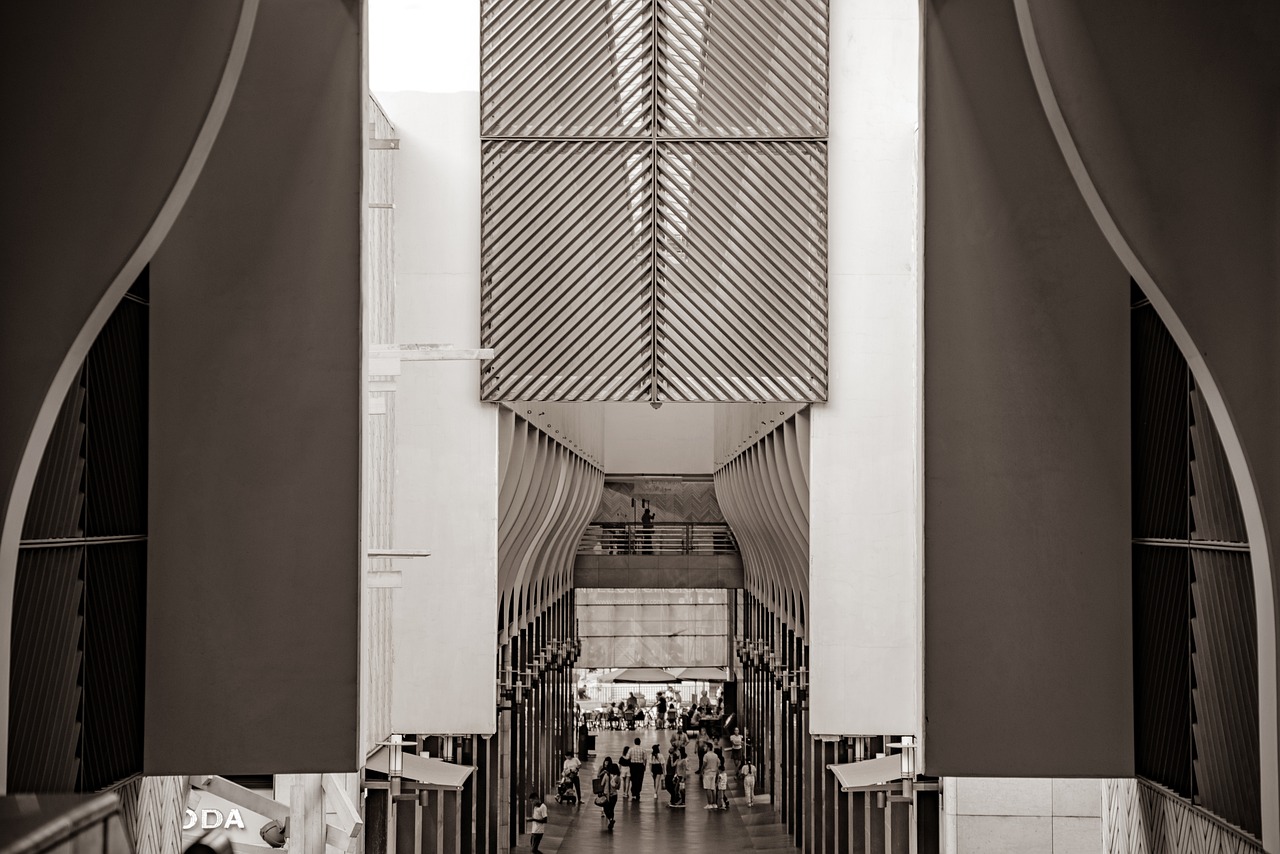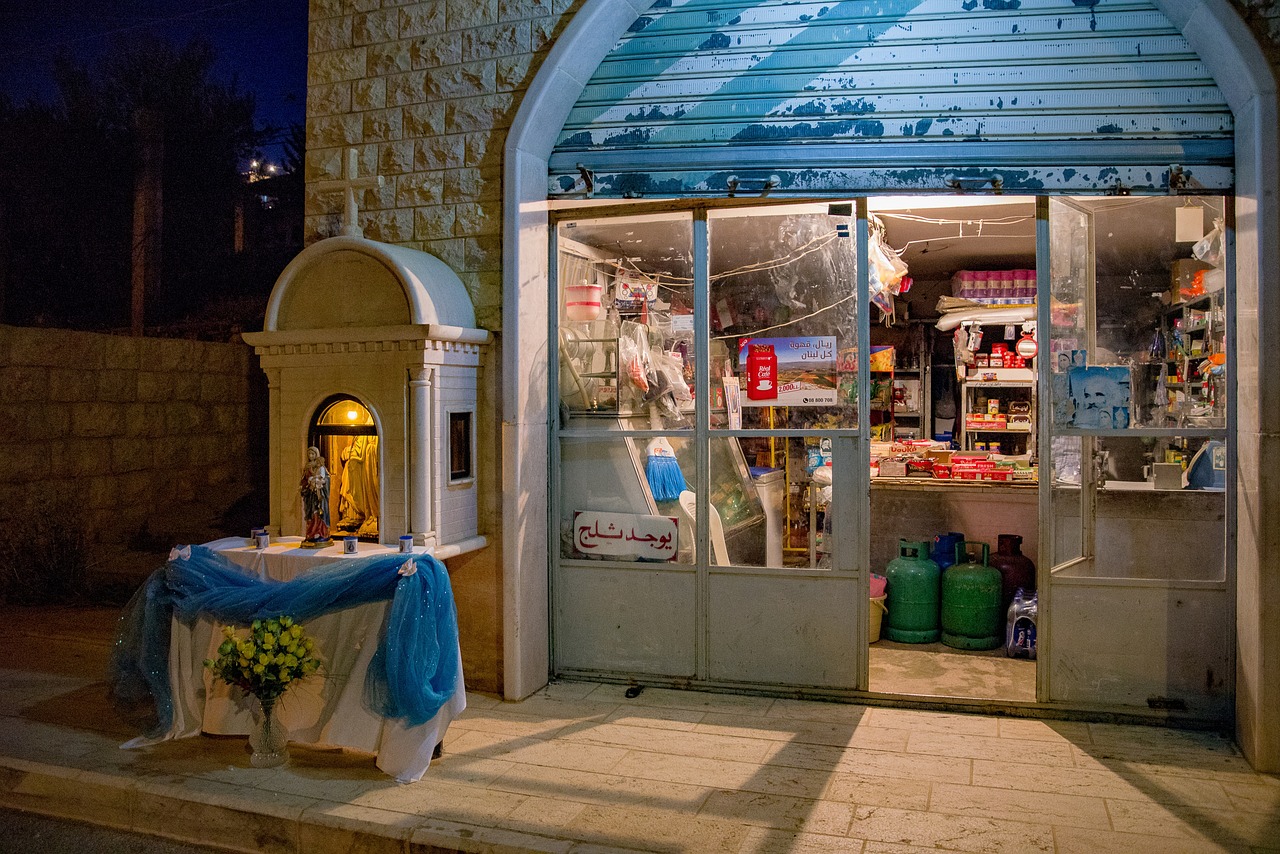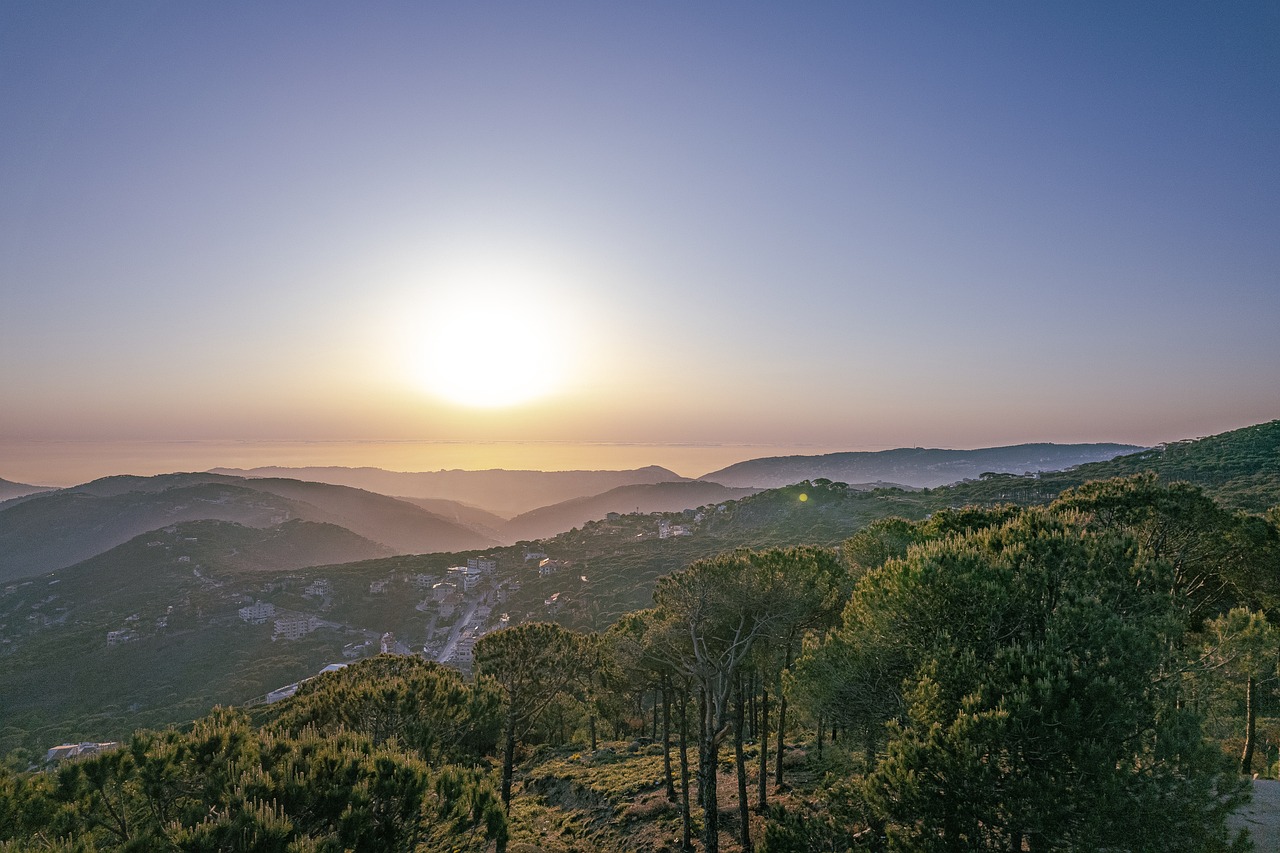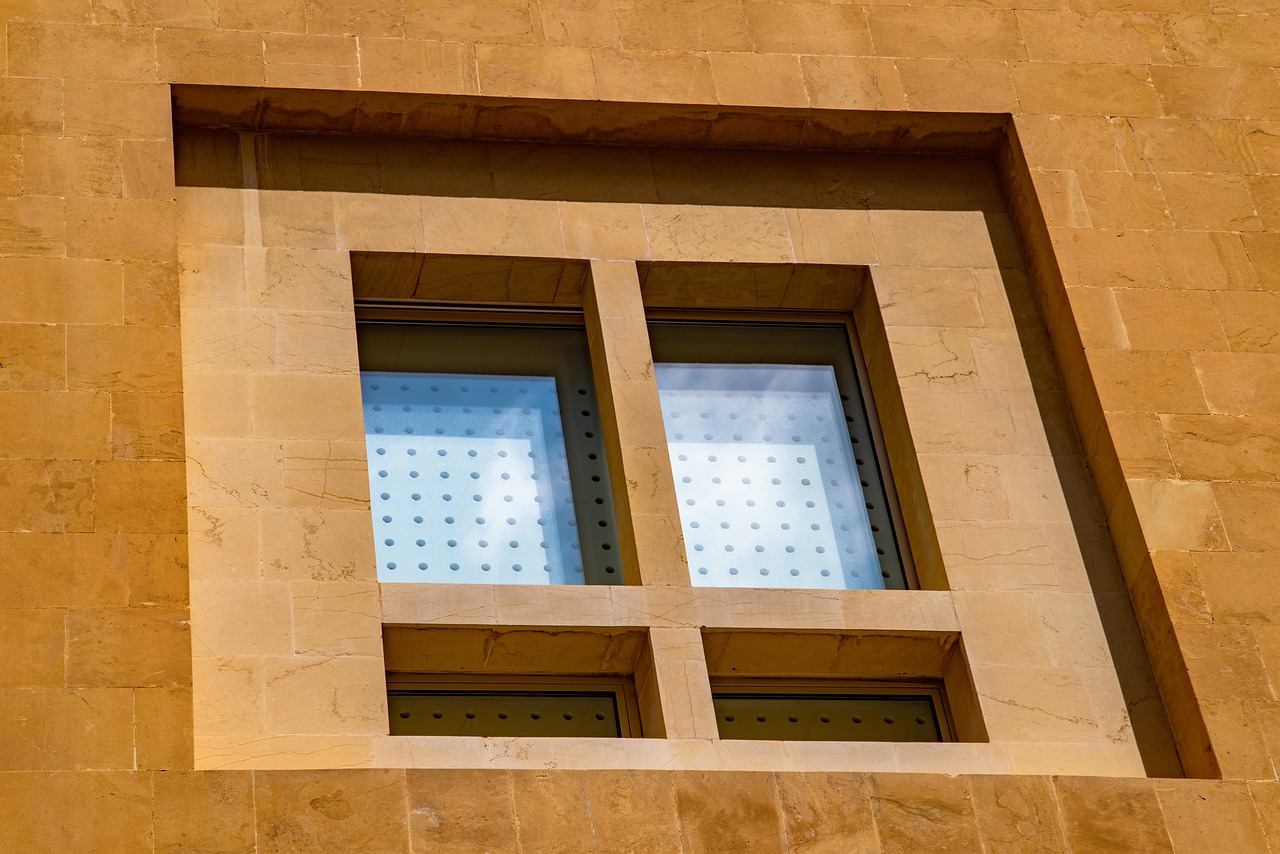Lebanon Video
Emergency Services: What to Know While in Lebanon
Introduction
Lebanon is a beautiful country located in the Middle East, known for its rich history, vibrant culture, and stunning landscapes. While traveling to Lebanon can be an exciting experience, it’s essential to be aware of the emergency services available in the country. This article will provide detailed information about emergency services in Lebanon, ensuring that you are well-prepared and informed in case of any unforeseen circumstances.
Police Services
The Lebanese Internal Security Forces (ISF) are responsible for maintaining law and order in the country. In case of any emergencies or incidents requiring police assistance, you can dial the emergency hotline number 112 to reach the ISF Command Center. The ISF operates 24/7 and is equipped to handle various situations, including theft, accidents, and other criminal activities.
- Reporting a Crime: If you become a victim of a crime or witness any criminal activity, it is crucial to report it to the police immediately. Provide them with detailed information about the incident, including date, time, location, and any identifying details of the individuals involved.
- Traffic Accidents: In case of a traffic accident, it is essential to contact the police and report the incident. They will provide assistance, document the accident, and ensure that traffic flow is managed efficiently.
- Emergency Situations: The police can also assist in emergency situations such as natural disasters, civil unrest, or any other event that requires immediate attention. Contact them through the emergency hotline for prompt assistance.
Fire and Rescue Services
The Lebanese Civil Defense is responsible for fire and rescue services in Lebanon. They play a vital role in responding to fires, accidents, and other emergencies where people require rescue or immediate assistance. To reach the Civil Defense, you can dial the emergency hotline number 125.
- Fire Incidents: If you encounter a fire or witness a fire incident, contact the Civil Defense immediately. Provide them with accurate information about the location and nature of the fire to enable them to respond effectively.
- Rescue Operations: The Civil Defense is also trained in conducting rescue operations, including extraction from collapsed buildings, car accidents, and other life-threatening situations.
- Emergency Medical Services: In many cases, the Civil Defense provides initial medical assistance until the arrival of specialized medical personnel. They are equipped with basic life-saving equipment and can stabilize individuals in critical condition.
Ambulance Services
When medical emergencies occur, it is essential to seek immediate medical assistance. The Lebanese Red Cross is the primary provider of ambulance services in Lebanon. They can be reached by dialing the emergency hotline number 140.
- Medical Emergencies: In case of a medical emergency, such as a severe injury, heart attack, or any life-threatening condition, call the Lebanese Red Cross immediately. Provide them with accurate details about the patient’s condition, location, and any specific requirements.
- Emergency Medical Transportation: The Lebanese Red Cross ambulances are equipped with the necessary medical equipment and trained staff to provide emergency medical transportation to hospitals or other medical facilities.
- First Aid: The Lebanese Red Cross also offers first aid services and can provide immediate medical assistance until the arrival of an ambulance.
Lebanon Image 1:

Emergency Contact Numbers
It is crucial to have access to emergency contact numbers while in Lebanon. Here are some important numbers to keep in mind:
- Police (ISF Command Center): 112
- Fire and Rescue (Civil Defense): 125
- Ambulance (Lebanese Red Cross): 140
Hospitals and Medical Facilities
Lebanon has a well-established healthcare system with numerous hospitals and medical facilities across the country. In case of non-emergency medical needs, it is advisable to visit a nearby hospital or medical center. Here are some renowned hospitals in Lebanon:
- American University of Beirut Medical Center
- Saint George Hospital University Medical Center
- Hotel Dieu de France Hospital
- Rafik Hariri University Hospital
These hospitals are equipped with modern facilities and provide a wide range of medical services.
Consular Services
If you are a foreign national visiting Lebanon and require assistance from your country’s embassy or consulate, it is essential to have their contact information readily available. Here are some prominent embassies and consulates in Lebanon:
- Embassy of the United States in Lebanon
- Embassy of the United Kingdom in Lebanon
- Embassy of Canada in Lebanon
- Embassy of Australia in Lebanon
These diplomatic missions can provide consular services, including assistance with lost passports, legal matters, and emergency evacuation if required.
Lebanon Image 2:

Travel Insurance
It is highly recommended to have travel insurance while visiting Lebanon or any other country. Travel insurance provides coverage for medical emergencies, trip cancellations, lost baggage, and other unforeseen circumstances. Before traveling to Lebanon, ensure that you have comprehensive travel insurance that covers your specific needs.
Language Barrier
While English is widely spoken in Lebanon, it is helpful to learn a few basic Arabic phrases to overcome any language barriers during emergencies. Here are some essential phrases:
- Help: Mosa’ada
- Emergency: Darurat
- I need an ambulance: Bet7atet saraya
- Where is the nearest hospital? Wayn as-sayyara aqrab mustashfa?
Learning these phrases can assist you in communicating your needs effectively.
Important Documents
While in Lebanon, it is essential to keep your important documents safe and easily accessible. Here are some documents you should have with you:
- Passport: Carry a copy of your passport and keep the original in a secure place.
- Identification: Carry a valid identification document, such as a driver’s license or national ID card.
- Travel Insurance: Keep a copy of your travel insurance policy and emergency contact numbers.
- Embassy Contact Information: Have the contact details of your country’s embassy or consulate in Lebanon.
Having these documents readily available can help in various situations, including emergencies and verifying your identity.
Lebanon Image 3:

Local Laws and Customs
It is important to familiarize yourself with the local laws and customs of Lebanon to avoid any legal issues or cultural misunderstandings. Here are some key points to keep in mind:
- Dress Code: Lebanon is a relatively liberal country, but it is advisable to dress modestly, especially when visiting religious sites or conservative areas.
- Alcohol Consumption: Alcohol is legal in Lebanon, but public intoxication is not tolerated. Drink responsibly and avoid drinking in public areas.
- Photography: Always seek permission before taking photographs of individuals, religious sites, or military installations.
- Drugs: The possession and use of illegal drugs are strictly prohibited in Lebanon. Violators can face severe penalties.
Respecting the local laws and customs will ensure a smooth and enjoyable stay in Lebanon.
Conclusion
Being aware of the emergency services available in Lebanon is crucial for a safe and secure visit to the country. Remember the emergency hotline numbers for the police, fire and rescue, and ambulance services. Familiarize yourself with the local laws, keep important documents secure, and consider having comprehensive travel insurance. By taking these precautions, you can enjoy your time in Lebanon with peace of mind, knowing that you are prepared for any unforeseen circumstances.
References
- lebanon.gov.lb
- redcross.org.lb
- isd.gov.lb
- aubmc.org
- stgeorgehospital.org
- hoteldieu.org
- rhuh.org.lb
- lb.usembassy.gov
- gov.uk/world/organisations/british-embassy-beirut
- canadainternational.gc.ca
- lebanon.embassy.gov.au


